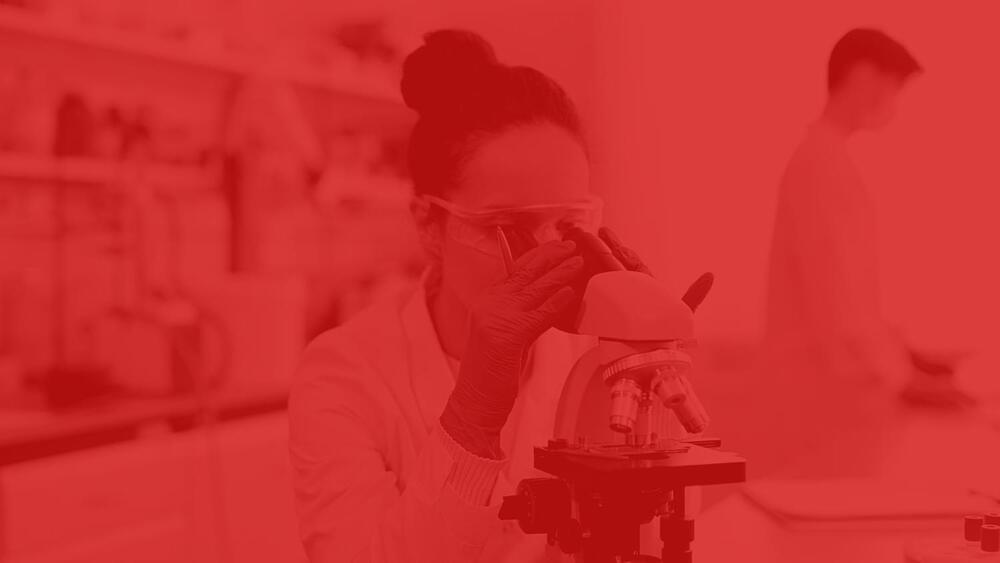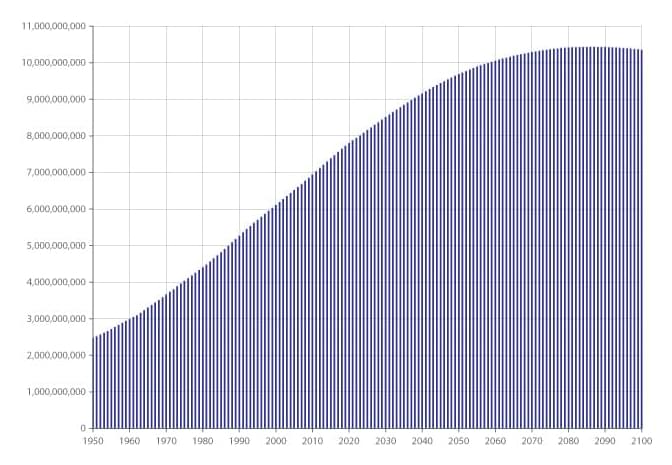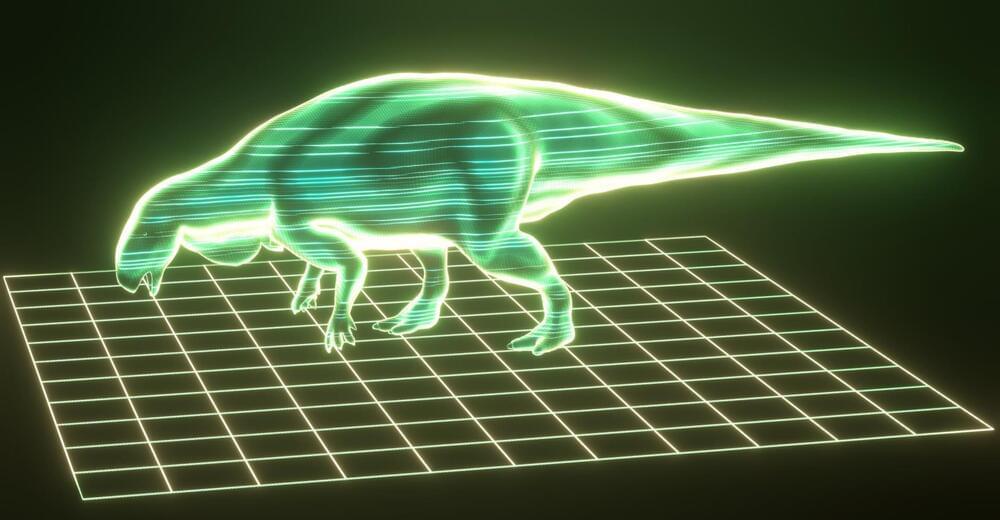Accelerating a new wave of personalized healthcare through more effective, efficient, and ethical drug and therapy discovery, development, and testing.





It will be used to power oil and gas production.
Hywind Tampen, the world’s largest floating wind farm, located off the coast of Norway, has become operational, a company press release said. Of the 11 turbines involved in the project, the first turbine began power production on November 13, with another six scheduled to go online this year.
With the impending doom of climate change and the recent upshoot of fuel prices, countries around the world are looking to switch aggressively to renewable energy. While those in the tropics are looking at solar power, others that can access winds over the seas are looking to build offshore wind farms.
Although increasing the size of wind turbines is a straightforward way to increase the energy output of these facilities, it also comes with increased costs for constructing these structures. Floating wind farms are being looked at as a possible solution to this problem, and Hywind Tampen is the first real-world test of this kind.
The 693-square-foot array is designed to provide 5G broadband connectivity directly with cellular devices via 3GPP standard frequencies.
Bluewalker 3 satellite, a test satellite by Texas-based firm AST SpaceMobile deployed its largest commercial communications array ever flow in space, in low Earth orbit, the company announced on Monday. The satellite was launched on a SpaceX Falcon 9 rocket in September, Interesting Engineering.
AST SpaceMobile.
The 693-square-foot (64 square meters) array is designed to directly provide 5G broadband connectivity with cellular devices via 3GPP standard frequencies. According to the release, the satellite could have a field of view of over 30,000 square miles on the surface of the Earth.

It’s commonly believed that many of these prehistoric animals were vicious carnivores.
Researchers used artificial intelligence (AI) to discover information on dinosaurs, specifically to find out if a certain dinosaur was a predator or not. AI has shown that the dinosaur typically thought to be a carnivore may actually have been an herbivore.
The new analysis was done by using deep convolutional neural networks (DCNNs) — computing systems based on neural networks of the brain — to track the fossils of these prehistoric reptiles.
Dr anthony romilio/ the university of queensland.
The study was published recently in the Journal of The Royal Society Interface.

We could be a step closer to the commercially viable production of limitless nuclear fusion energy.
A group of nuclear fusion researchers at the National Ignition Facility (NIF) achieved self-heating “burning plasma” for the first time ever in January, bringing commercially viable nuclear fusion one step closer.
Now, a new analysis of the plasma, published in a paper in the journal Nature Physics, reveals surprising new details that could help the scientific community finally achieve the holy grail of nuclear fusion — net energy production.
National Ignition Facility.
Nuclear fusion, which mimics the energy-generating method of the Sun and the stars, has the potential to provide practically limitless clean energy.

The new study found a correlation between outdoor artificial light at night (LAN) and higher rates of diabetes.
According to a new study, exposure to outdoor artificial light at night (LAN) is associated with an increased risk of diabetes, along with impaired glucose control.
Koszubarev/iStock.
Artificial outdoor LAN exposure.

A result of the gradual increase in human lifespan and high and persistent levels of fertility in some countries.
The world’s population hit eight billion today, November 15, and this is a “milestone in human development,” according to a statement by the United Nations (UN).
This unprecedented growth is due to the gradual increase in human lifespan owing to improvements in public health, nutrition, personal hygiene, and medicine.
Dmytro Varavin/iStock.
Considering the fact that the last time the global population notched seven billion was in 2011, the world population increased by one billion in the last 11 years. This raises concerns about overpopulation, which is directly linked to climate change.

Bezos thinks that there are many ineffective ways of philanthropy and wants to avoid them as he prepares to give away all his wealth.
Amazon founder Jeff Bezos told during a short interview with CNN
With this announcement, Bezos joins the list of other billionaires in the world, such as Bill Gates, who have decided to give away their wealth during their lifetimes. After expressing his desire to remove himself from the list of billionaires, Gates donated $6 billion to his Foundation, which runs programs across the world.
Other billionaires like Elon Musk have also donated to their own foundations or trusts, but Bezos has been criticized in the past for not signing up for not committing to any such move, even when he was the richest person in the world.